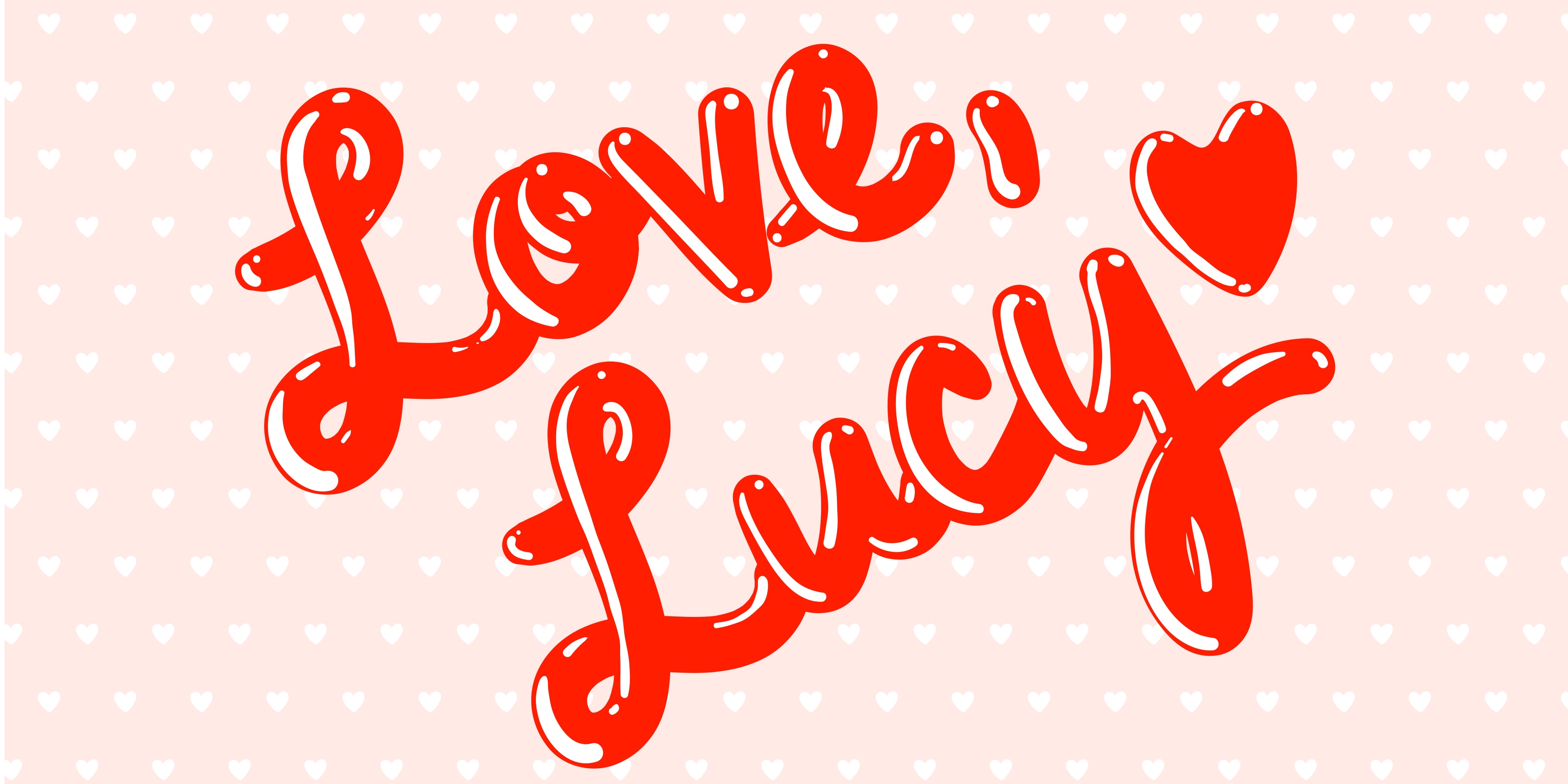Love, Lucy is the New School Free Press’ weekly advice column, where editors share thoughtfully researched solutions to questions about love and life. Send submissions via email to nsfplovelucy@gmail.com or through Love, Lucy’s official GoogleForm.
1). Does a relationship need labels?
Lover, partner, boyfriend, girlfriend, friend, friend with benefits, stranger with benefits… monogamy, monogamish, polyamory, polygamy…
There are endless variations on these terms, and many different ways to understand them, but what matters are the commitments and responsibilities behind them.
“Relationships don’t need labels, people do,” says Love Maze´s Certified Relationship Coach, Chris Armstrong.
“Today’s younger generation, people under 30, is less about needing labels because they’ve grown up in an environment that had more open relationships,” says Armstrong.
“Just as we find labels convenient in other contexts – from religion to politics to ketchup – it helps with relationships, too,” says psychology Professor David Barash, author of Out of Eden: Surprising Consequences of Polygamy. Labels help the people in the relationship and outside of it better understand how these two or more people are involved.
Labels are not crucial to our existence, but they do make our lives easier.
2). Open relationship? Yea or nay? Also—how?
Photography and design director at SELF magazine, Valerie F., and her boyfriend Adam G. have been in an open relationship for four years. Before that, they had both tried open and monogamous relationships multiple times, but none of them had worked out as well as this one. “We are together, we love each other, we date other people, but we don’t fall in love with them,” says Valerie, who last September wrote “8 questions People Ask Me When They Find Out I’m In An Open Relationship” for SELF.
Although Valerie encourages anyone to try this type of relationship, she insists its success ultimately depends on the kind of person you are, and the kind of relationship you can handle. “It depends on the responsibilities you are willing to assume,” Adam says.
Both you and your partner have to want this kind of relationship. Relationship Coach Chris Armstrong says the success of an open relationship is based on the mutual understanding, consent and comfort with the relationship and what it entails (letting your partner sleep with and see other people, for example).
Armstrong encourages these type of relationships because they allow you to explore your needs. “Finding out different things about different people that interest us can help us better understand who we are, who we want and, most importantly, who we need,” he says. However, he believes a history of jealousy or territorialism is a red flag not to involve yourself in open relationships.
According to research done by psychologists Ali Ziegler, Jennifer Rubin and Jes Matsick in the last several years, 4-5% of relationships in the US are non-monogamous. A 2014 study used by Zhana Vrangalova for Psychology Today “Who’s really interested in alternate relationships?” showed 23-40 percent of men and 11-22 percent of women are interested in trying one.
The fact that you have thought about open relationships is a sign they might be right for you. “You have to be open minded for it to work out,” Valerie says. “You should be able to step back and think, ‘How does this really affect us?’”
If you are considering getting into a open relationship, Valerie recommends you build a strong foundation before you move forward. “Any void of trust is a no for an open relationship,” she explains. “You have to be completely open and honest with each other 100%, all the time. There is no other way. The minute you start hiding things from each other and lying, that’s when it can be a problem.”
According to Psychology Today, the 2012 General Social Survey shows around 19 percent of men and 12.3 percent of women have sex outside of their relationship. Psychology Today author and psychologist, Melanie Greenberg, places infidelity under the top four reasons why relationships fail.
For Valerie and Adam, the key to success is communication. They have rules: they can see other people, they normally cannot see more than one person a week, they don’t see an alternative partner more than once, and they don’t fall in love with other people. They follow these rules, and if something isn’t working, they check in, talk about it, and modify.
Illustration by Alex Gilbeaux.







